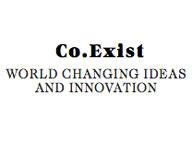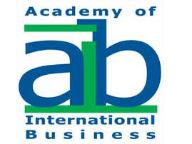Faculty News
—
Professor Roy Smith shares his views on former AIG CEO Hank Greenberg's trial
—

Excerpt from Financial Times -- "'He’s a very prickly guy and a very proud man, prepared to take his last years and much of his fortune to try and prove himself right and the others wrong,' said Roy Smith, a professor at NYU Stern School of Business."
Faculty News
—

Excerpt from Financial Times -- "'He’s a very prickly guy and a very proud man, prepared to take his last years and much of his fortune to try and prove himself right and the others wrong,' said Roy Smith, a professor at NYU Stern School of Business."



















